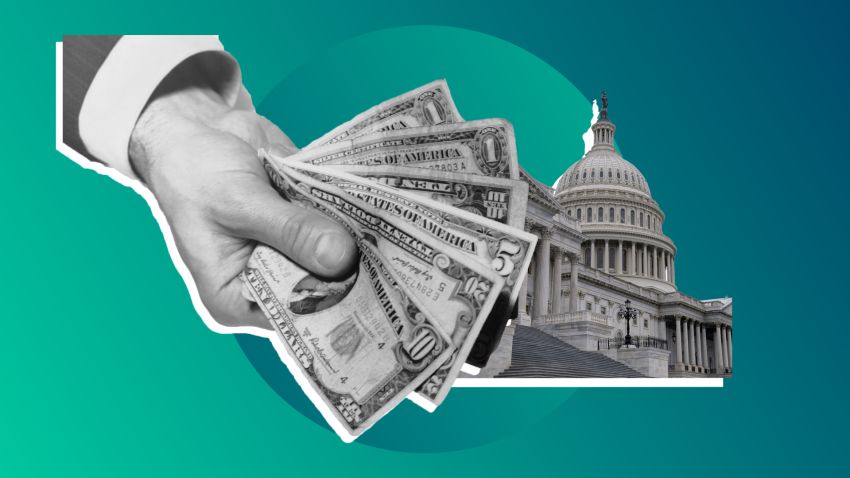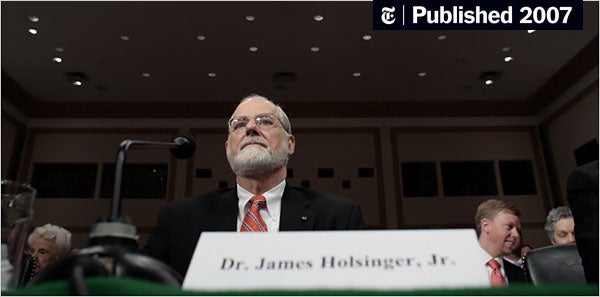US Debt Ceiling: August Deadline Looms, Warns Treasury Official

Table of Contents
The clock is ticking. A looming August deadline for raising the US debt ceiling has the Treasury Department sounding the alarm, warning of a potential fiscal crisis unlike any seen before. This isn't just another political squabble; it's a situation with potentially devastating consequences for the US economy and the global financial system. Understanding the US debt ceiling and the implications of failing to raise it is crucial for every American.
Understanding the US Debt Ceiling
The US debt ceiling is a limit on the total amount of money the federal government can borrow to meet its existing legal obligations. This isn't about authorizing new spending; it's about paying for what Congress has already approved – things like Social Security benefits, military salaries, and interest on the national debt.
It's important to differentiate between debt and deficit. The national debt is the total accumulation of past deficits—the difference between government spending and revenue in a given year. A deficit occurs when spending exceeds revenue. The debt ceiling sets a limit on how much the government can borrow to cover this deficit and previously accumulated debt.
Throughout history, Congress has repeatedly raised or suspended the debt ceiling to avoid a default. Failure to do so has led to past near-misses and heightened uncertainty in the markets. These past events, while averted, serve as stark warnings of the potential chaos that could result from failing to act.
- Definition of debt ceiling: A legal limit on the total amount of money the US government can borrow.
- Difference between debt and deficit: Debt is the accumulated total of past deficits; a deficit is the shortfall in revenue versus spending in a single year.
- Consequences of exceeding the debt ceiling: Technically, exceeding the debt ceiling leads to the government being unable to meet its financial obligations, potentially triggering a default.
- Brief history of past debt ceiling debates: Past debates have resulted in near-defaults, market volatility, and ultimately, eleventh-hour resolutions.
The August Deadline and its Implications
Treasury Secretary Janet Yellen has warned that the US could default on its debt obligations as early as August if Congress fails to raise the debt ceiling. This isn't a theoretical threat; it's a rapidly approaching reality. The potential consequences are severe and far-reaching.
Failing to raise the debt ceiling could lead to:
-
Government shutdown: Non-essential government services would be halted, impacting millions of Americans.
-
Default on US debt obligations: This would severely damage the US's credibility and global standing, leading to financial chaos.
-
Negative impact on the economy: A credit rating downgrade, increased interest rates, and significant market volatility are all highly likely scenarios. This could lead to job losses and a recession. Social Security and Medicare payments could be delayed or reduced.
-
Specific date of the deadline: While the exact date remains fluid, Treasury officials have indicated August as the critical month.
-
Potential impacts of a default: A US default would trigger a global financial crisis, impacting markets worldwide.
-
Economic repercussions: A recession, job losses, and increased inflation are among the potential economic consequences.
-
Social Security and Medicare impacts: Payments to recipients could be delayed or reduced, impacting millions of vulnerable Americans.
Political Wrangling and Potential Solutions
The debt ceiling debate is currently fraught with political gridlock. Democrats and Republicans are locked in a standoff, with differing proposals and little indication of a compromise. Democrats argue for a clean increase to the debt ceiling, while Republicans seek spending cuts in exchange for their support.
Finding a solution before the deadline requires significant bipartisan cooperation, something that has been notably absent in recent years. The role of Congress is paramount, and the influence of various lobbying groups adds another layer of complexity to the negotiations.
- Positions of the Democrats and Republicans: Democrats advocate for a clean increase; Republicans seek spending cuts as a condition.
- Potential compromise solutions: Negotiations might involve some combination of spending cuts and a debt ceiling increase.
- Role of Congress in the process: Congress holds the sole authority to raise the debt ceiling.
- Influence of special interest groups: Lobbying efforts from various groups add to the complexity and pressure on lawmakers.
Impact on the Global Economy
A US debt default would not only be devastating for the American economy but would also send shockwaves throughout the global financial system. The US dollar's status as the world's reserve currency is at stake. A default would erode confidence in the US economy and trigger uncertainty across global markets. Other countries heavily invested in US debt would suffer significant losses. The ripple effect could be catastrophic, leading to international economic instability and potentially triggering a global recession.
- Global market consequences: A US default would severely disrupt global financial markets, triggering widespread panic selling.
- Impact on the US dollar: The dollar's dominance as the reserve currency could be threatened, increasing global uncertainty.
- Ripple effect on other countries: Countries holding large amounts of US debt would face severe economic consequences.
- Uncertainty in global markets: Investor confidence would plummet, leading to increased volatility and decreased investment.
Conclusion
The August deadline for raising the US debt ceiling presents a critical moment for the American economy and the global financial system. The potential consequences of inaction—a government shutdown, a default on US debt, and a global economic crisis—are too severe to ignore. The ongoing political negotiations remain fraught with challenges, highlighting the urgent need for bipartisan cooperation. A US debt default would be a catastrophic event with far-reaching and devastating consequences.
Understand the implications of the US debt ceiling crisis. Stay informed, get involved, and contact your representatives today! Learn more at [link to relevant government website] and [link to another relevant resource]. Don't let the US debt ceiling crisis pass you by – your voice matters.

Featured Posts
-
 Trumps Surgeon General Nominee Casey Means A Leading Figure In The Maha Movement
May 10, 2025
Trumps Surgeon General Nominee Casey Means A Leading Figure In The Maha Movement
May 10, 2025 -
 Strictly Scandal Costs Wynne Evans Go Compare Role
May 10, 2025
Strictly Scandal Costs Wynne Evans Go Compare Role
May 10, 2025 -
 Uncovering Morgans Weakness Exploring A Theory About Davids Potential
May 10, 2025
Uncovering Morgans Weakness Exploring A Theory About Davids Potential
May 10, 2025 -
 Punjab Governments Initiative Technical Training For Transgender Community
May 10, 2025
Punjab Governments Initiative Technical Training For Transgender Community
May 10, 2025 -
 The Trump Administrations Impact On Greenland Denmark Relations
May 10, 2025
The Trump Administrations Impact On Greenland Denmark Relations
May 10, 2025
